Are you curious about ancient civilizations and archaeological finds? Here are the archaeology museums you must see in Valencian Community:
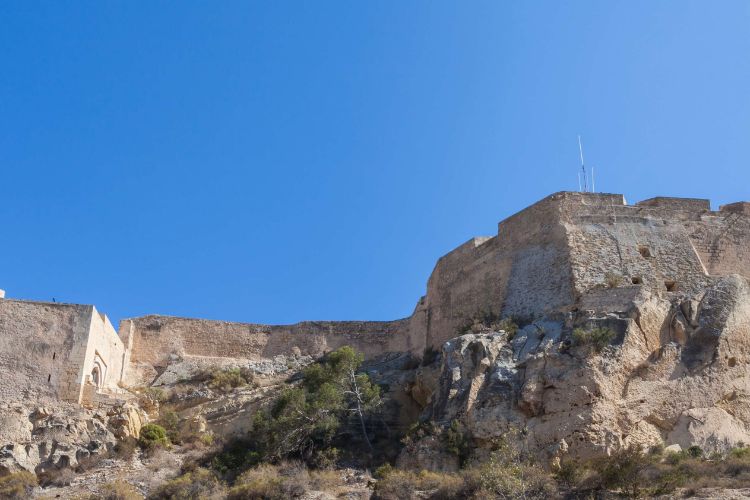
Castillo de Santa Bárbara - Museo de la Ciudad de Alicante
AlicanteCastillo de Santa Bárbara (The castle of Santa Bárbara) is a castle in Alicante, on Mount Benacantil, a rocky mass with a height of 167 meters that borders the sea and from which you can see the entire bay of Alicante and its terrestrial surroundings, giving it a big strategic advantage. The Museo d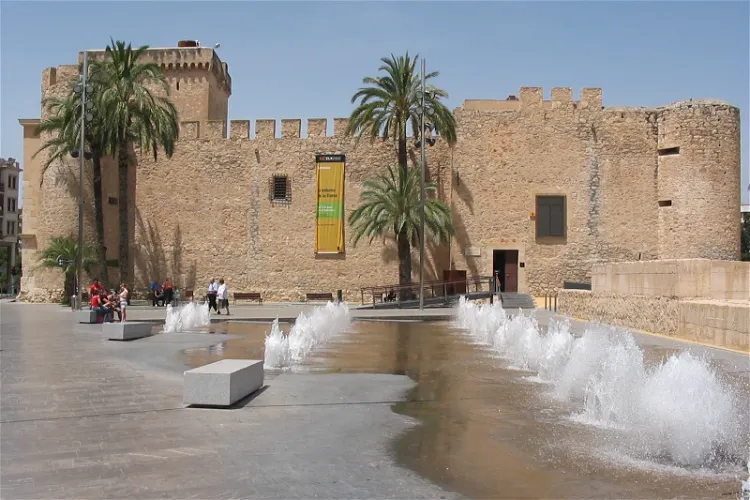
Altamira Palace
ElcheThe Altamira Palace, also known as Alcázar de la Señoría, is a historic building that holds a significant place in the heart of the Spanish city of Elche. It is conveniently located on the banks of the Vinalopó River, making it easily accessible for tourists.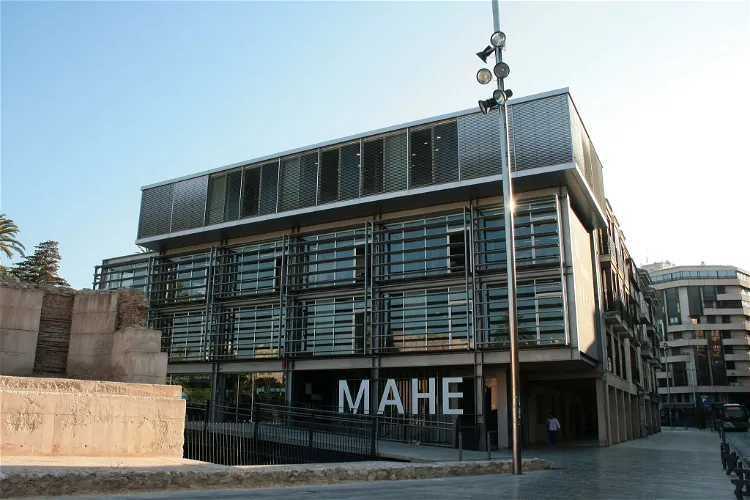
Museo Arqueológico y de Historia de Elche
ElcheThe Museo Arqueológico y de Historia de Elche (MAHE) is an archaeological museum situated in the Spanish city of Elche, within the province of Alicante. It is a significant regional archaeological reference point, offering a comprehensive overview of the city's various historical stages.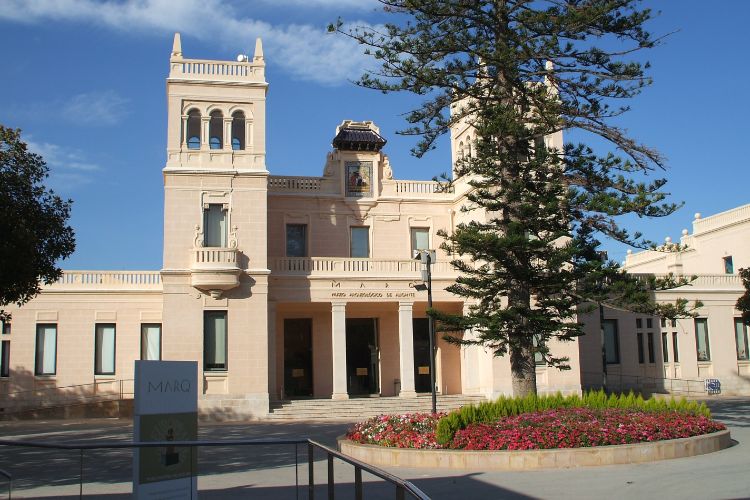
Museo Arqueológico Provincial de Alicante
AlicanteThe Archaeological Museum of Alicante (Museo Arqueológico Provincial de Alicante, MARQ) is an archaeological museum in Alicante with eight galleries that use multimedia to allow visitors to interact with the lives of past residents of Alicante and its region. The museum has a room of prehistory, of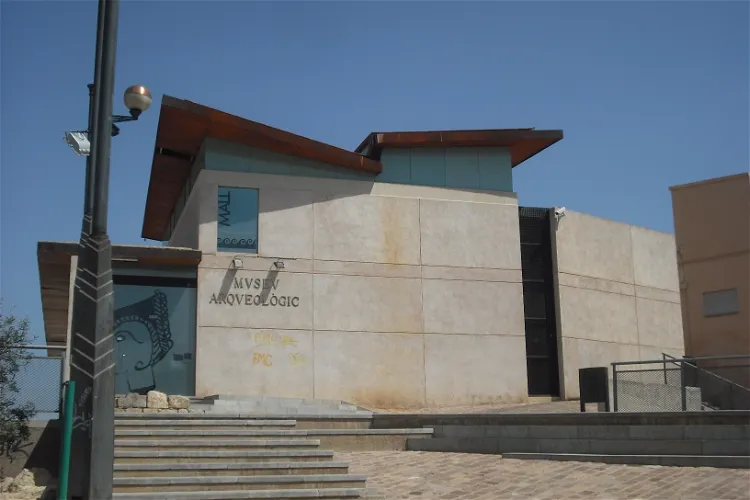
Llíria Archaeological Museum
LiriaThe Llíria Archaeological Museum plays a crucial role in the conservation, protection, and dissemination of archaeological artifacts recovered from the Campo de Turia. The museum's mission is to help recover and understand the historical past of Liria and its surrounding region through these artifacts.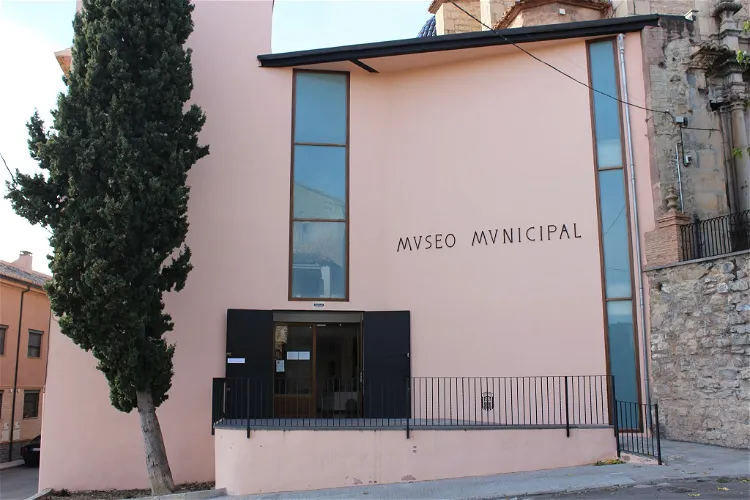
Museo Municipal de Jérica
JéricaThe Museo Municipal de Jérica has received several recognitions over the years. In 1962, it was declared a National Historic Artistic Monument. Later, on February 22, 1996, it was recognized as a permanent museum collection. In 2004, it was declared a Cultural Interest Property, further emphasizing its importance in preserving and showcasing local heritage.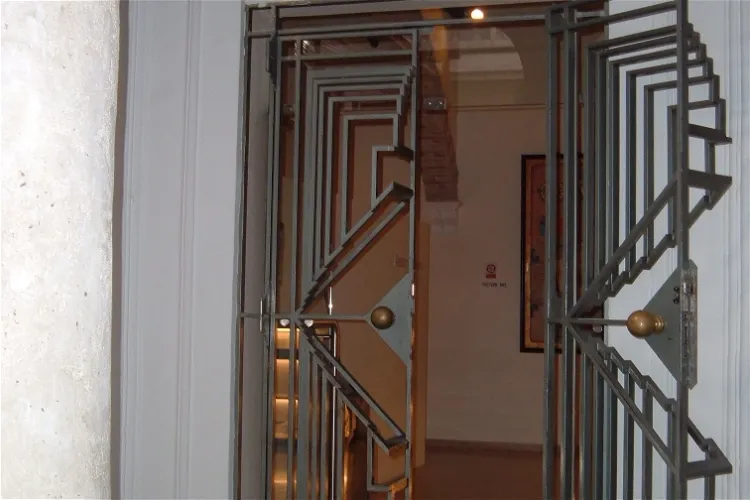
Municipal Archaeological Museum of Villena
VillenaThe Municipal Archaeological Museum of Villena, also known as the José María Soler Archaeological Museum, is housed in the Town Hall, a Renaissance building dating back to the early 16th century. This location adds a historical charm to the museum, making it a unique place to explore the rich archaeological findings of the region.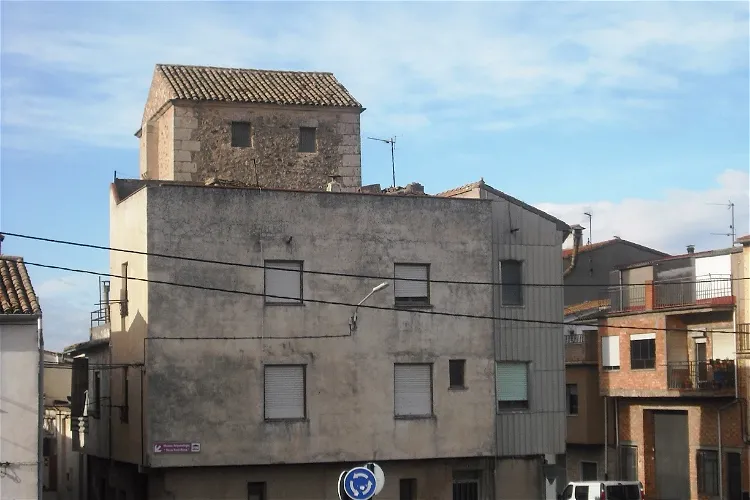
Archaeological Museum of the Tower of Font Bona
BañeresBetween 1991 and 1997, the Tower of Font Bona underwent extensive restoration. Today, it houses the Municipal Archaeological Museum, which showcases findings from numerous archaeological sites in the municipality since the 1960s.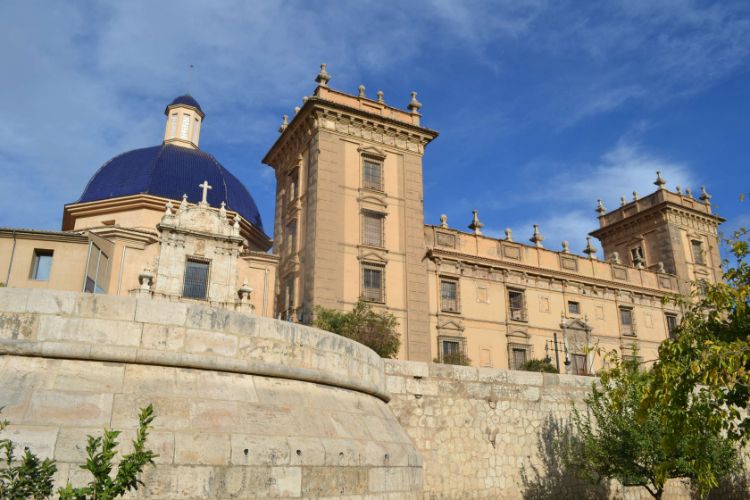
Museo de Bellas Artes de Valencia
ValenciaMuseo de Bellas Artes de Valencia is one of the most prominent art museums in Valencia and is housed in the St. Pius V Palace. The museum holds a collection that mainly consists of primitive Valencian masters, but also examples of contemporary art. Highlights of the exhibition include paintings by G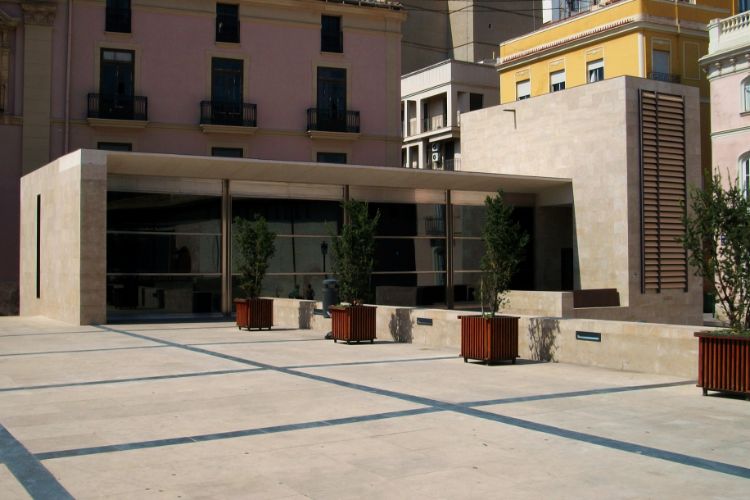
Centro arqueológico Almoina
ValenciaThe Centro arqueológico Almoina (Archaeological Center of l'Almoina) also named Museo de la Almoina/the Almoina Museum, is an archaeological museum in Valencia located at the old Roman square of Tenth June Gross. The archaeological remains that are displayed here came to light in 1985 on the site. T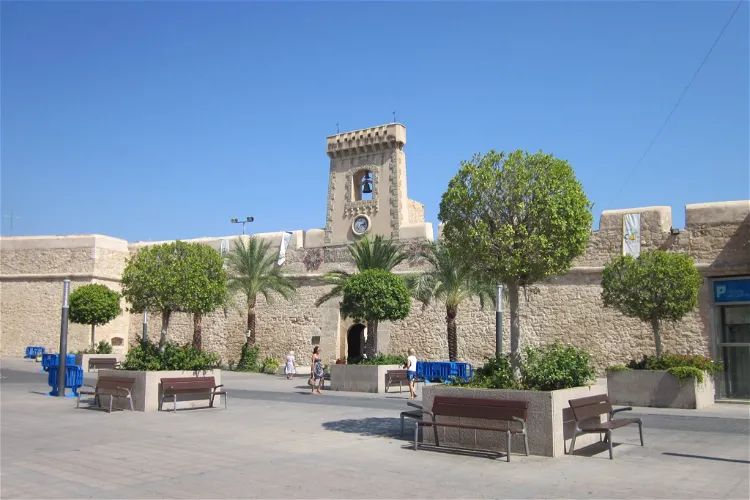
Santa Pola Sea Museum
Santa PolaThe Museo del Mar, located in the coastal town of Santa Pola on the Costa Blanca, is a public fishing and maritime museum. Santa Pola is recognized as one of the most important fishing ports on the Spanish Mediterranean coast, making the museum a significant site for understanding the region's maritime history and culture.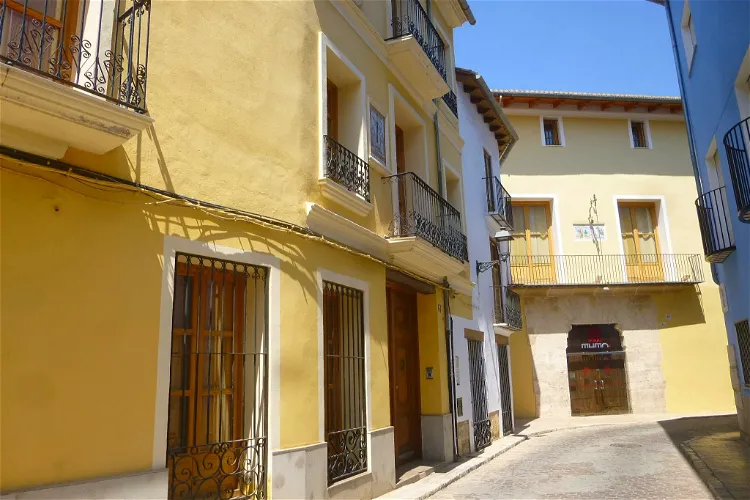
Municipal Museum
AlciraThe Municipal Museum of Alcira (MUMA) is a significant institution that gathers and presents the history of the city of Alcira and the Ribera Alta region. It provides a comprehensive overview of the area's past, making it an informative destination for tourists interested in local history and culture.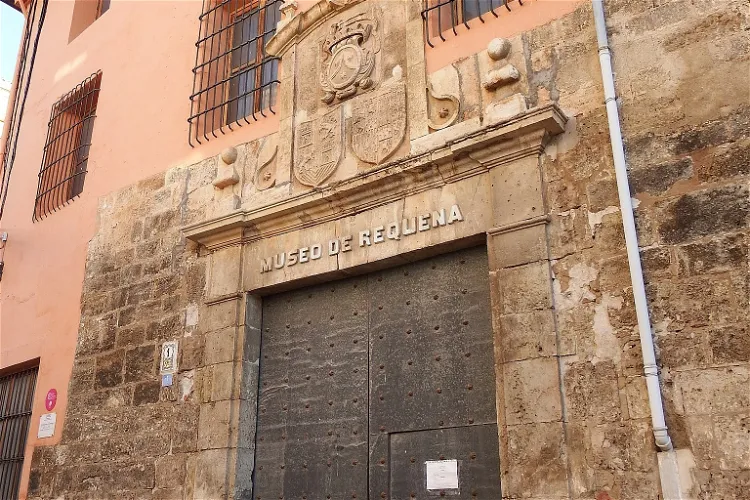
Municipal Museum of Requena
RequenaThe Municipal Museum of Requena, established in 1968, is housed in the historic convent of El Carmen. This location adds a layer of historical significance to the museum, making it a fascinating destination for those interested in the rich past of the region.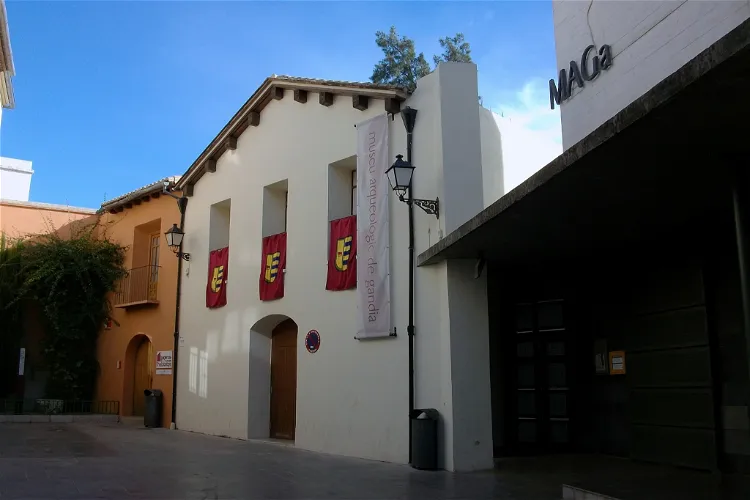
Archaeological Museum of Gandia
GandíaThe Archaeological Museum of Gandia is a significant cultural institution located in the city of Gandia, within the Valencian Community of Spain. It serves as a repository for the archaeological heritage of the Safor region, making it a valuable destination for those interested in history and archaeology.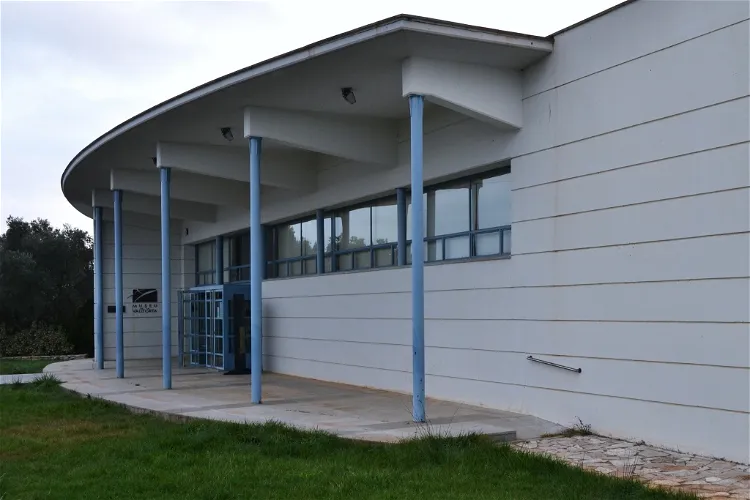
Valltorta Museum
TírigThe Valltorta Museum, officially known as Museu de la Valltorta in Valencian, is situated in the town of Tírig. It was established in 1994 by the Valencian Government with the aim of conserving, studying, and disseminating the rock art of the Valencian Community. The museum building was designed by architects Miguel del Rey Aynat and Íñigo Magro de Orbe and is located in the Pla de l'Om area, within the municipal boundaries of Tírig, Castellón Province, Spain.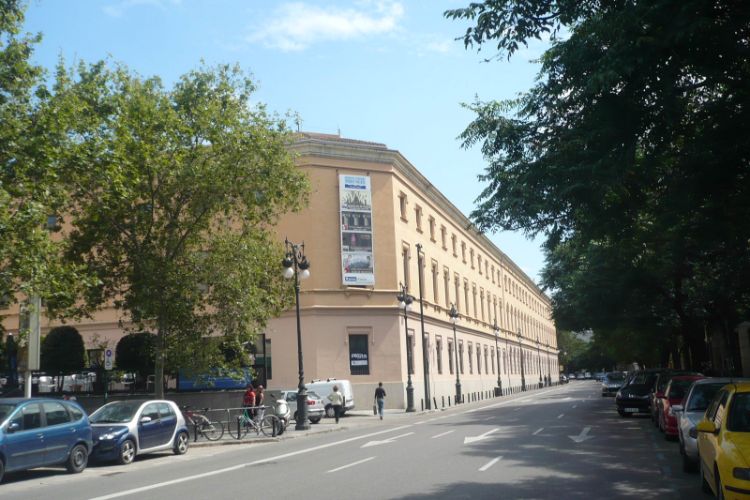
Museu de Prehistoria de Valencia
ValenciaThe Prehistory Museum of Valencia (Museu de Prehistoria de Valencia) is a history museum in Valencia that is housed in part of the old Casa de la Beneficencia, a building built in 1841. The museum exhibits archaeological materials from the Palaeolithic period to the Visigothic period. The museum fea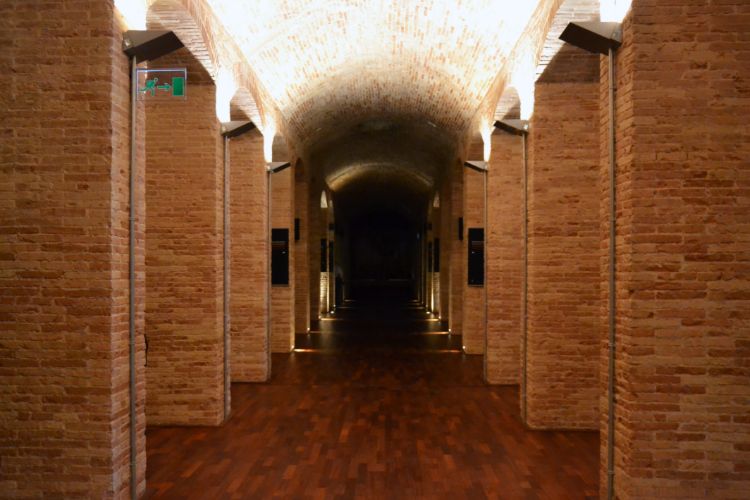
Museu d'Història de València
ValenciaMuseu d'Història de València (The Valencia History Museum) is housed in what once was the first reservoir of drinking water in the city. The museum is dedicated to the development of the history of Valencia. The Valencia History Museum hold archaeological, artistic and cultural municipal collection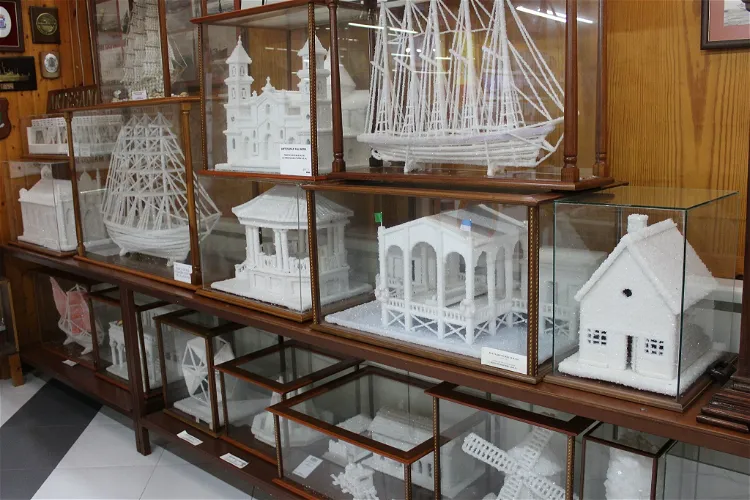
Sea and Salt Museum
TorreviejaThe Sea and Salt Museum in Torrevieja, located in the province of Alicante, Spain, is an ethnological museum that was inaugurated in 1995. It is dedicated to the maritime and salt heritage of Torrevieja, showcasing the city's rich history and culture. The museum's exhibits provide a deep insight into the city's past, making it a fascinating destination for those interested in history and culture.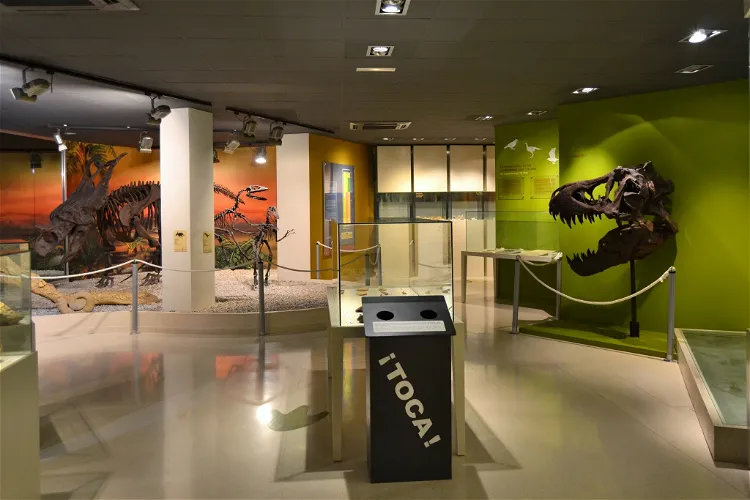
Museo Paleontológico de Elche
ElcheThe Paleontological Museum of Elche, located in Alicante, Spain, provides an insightful journey through the evolution of life on Earth. This journey is made possible through the exhibition of various findings from different archaeological sites. These exhibits offer a unique opportunity to understand the progression of life, from its earliest forms to the present day.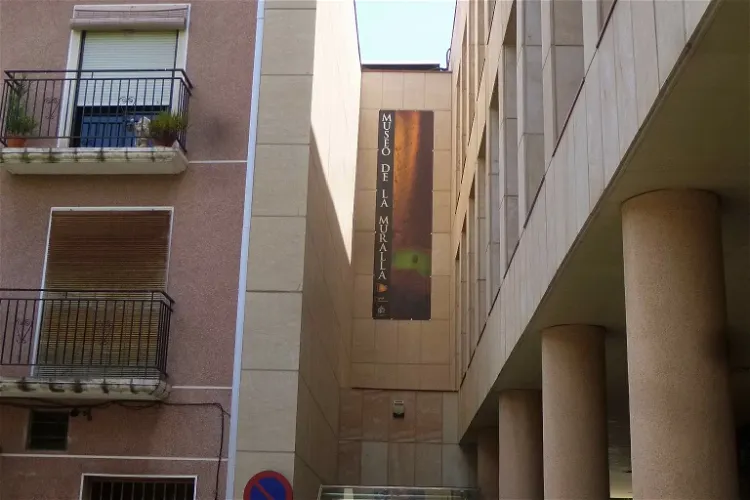
Wall Museum
OrihuelaThe Wall Museum of Orihuela is home to significant archaeological remains. These include Arab and Christian houses, a complete canvas of the Wall, and other fascinating constructions. One of these is a well-preserved Muslim bath located outside the walls. The bath has a reception room, cold room, temperate room, hot room, and a room where water was heated.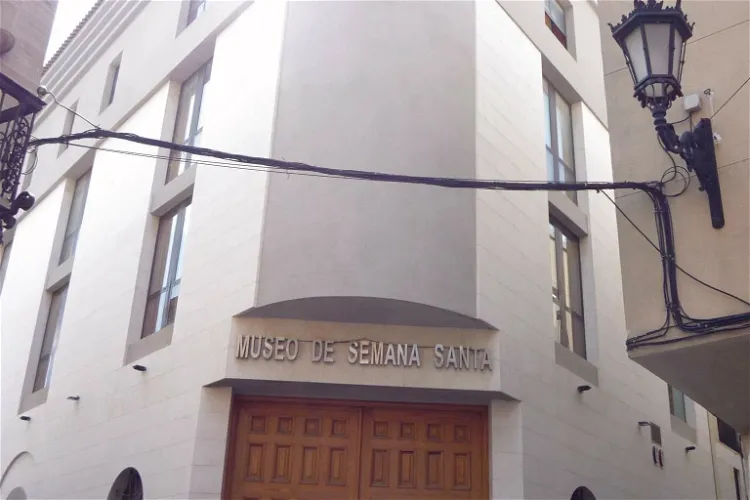
Holy Week Museum
OrihuelaThe Holy Week Museum of Orihuela is situated on the site of the Church of Our Lady of Mercy. This location is significant as it still retains its 16th century Renaissance facade, providing a historical backdrop to the museum's extensive collection of sacred art.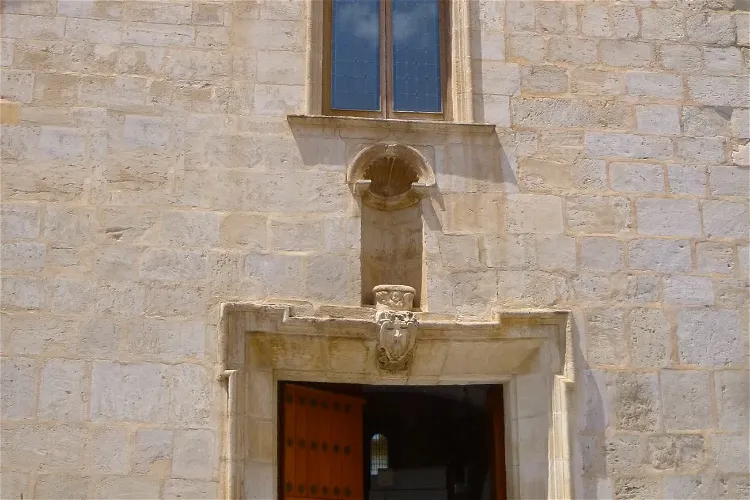
Regional Archaeological Museum of Orihuela
OrihuelaThe Regional Archaeological Museum of Orihuela is situated in the church and men's room of the former municipal hospital San Juan de Dios. This unique location adds a historical charm to the museum, making it an interesting place to visit for those interested in architecture and history.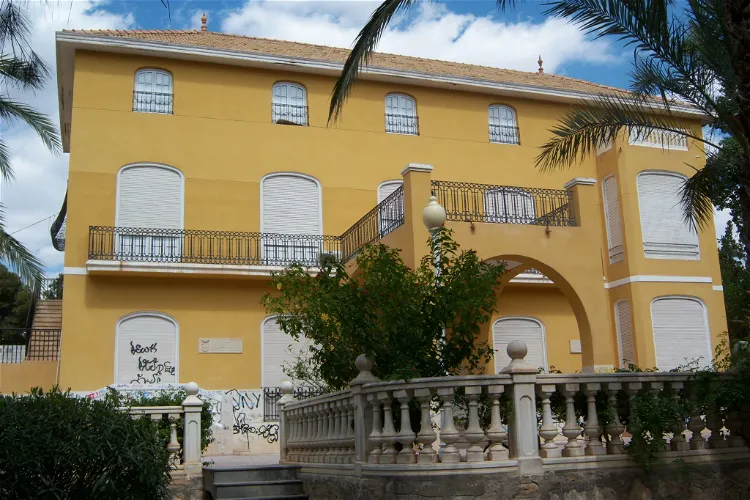
Archaeological Museum of Crevillent
CrevillentThe Archaeological Museum of Crevillent is housed in the Casa del Parque, a beautiful neoclassical building constructed in 1927 by the architect Juan Vidal Ramos. The building is located in the northeastern part of the urban area, next to the most important green area of the town, providing easy access and ample parking for large vehicles.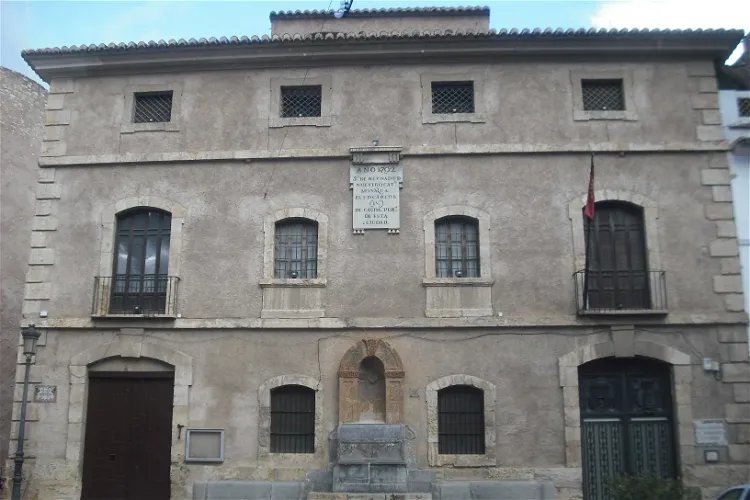
Segorbe Municipal Archaeological and Ethnological Museum
SegorbeThe Segorbe Archaeological and Ethnological Museum is housed in a neoclassical building that was erected in 1792. This building, known as the old Barracks House, is conveniently located in the Mesones square. It is in close proximity to the medieval aqueduct and the Botxí and Jail towers, making it a part of the rich historical landscape of Segorbe.
Archaeological Museum of Sagunto
SaguntoThe Archaeological Museum of Sagunto is a repository of historical artifacts from the city of Sagunto and its surrounding region. These collections have been gathered through both casual findings and systematic archaeological excavations. The museum provides a unique opportunity for visitors to explore the rich history of Sagunto and the province of Valencia.
Municipal Archaeological and Paleontological Museum
RojalesThe Municipal Archaeological and Paleontological Museum in Rojales, established in 1981, serves as a significant institution for the preservation and promotion of the area's cultural heritage. It provides a unique opportunity for visitors to delve into the rich history and prehistoric past of the region.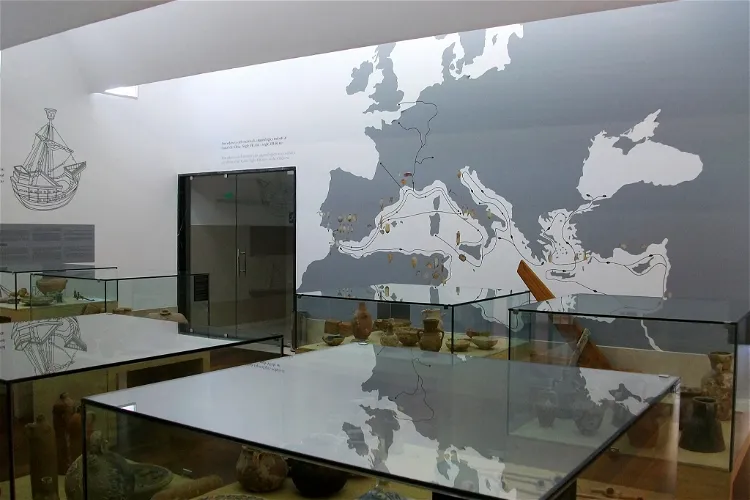
Soler Blasco Archaeological and Ethnographic Museum
JáveaThe Soler Blasco Archaeological and Ethnographic Museum, also known as the Soler Blasco Museum or the Xàbia Museum, is a municipal archaeological and ethnographic museum located in the Spanish municipality of Jávea. It is a significant cultural institution in the region, offering visitors a chance to explore the rich history and ethnography of the area.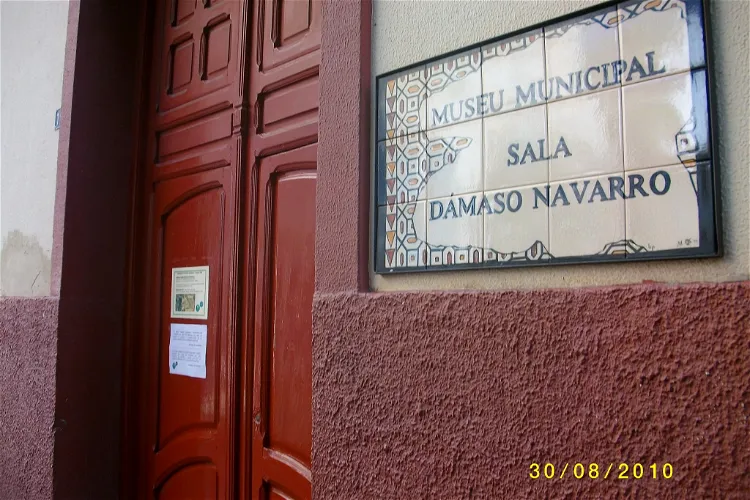
Museum Damaso Navarro
PetrerThe Dámaso Navarro Archaeological and Ethnological Museum is situated in the Spanish municipality of Petrer, Alicante. This location makes it easily accessible for tourists visiting the region. The museum offers a unique opportunity to explore the rich history and culture of the area.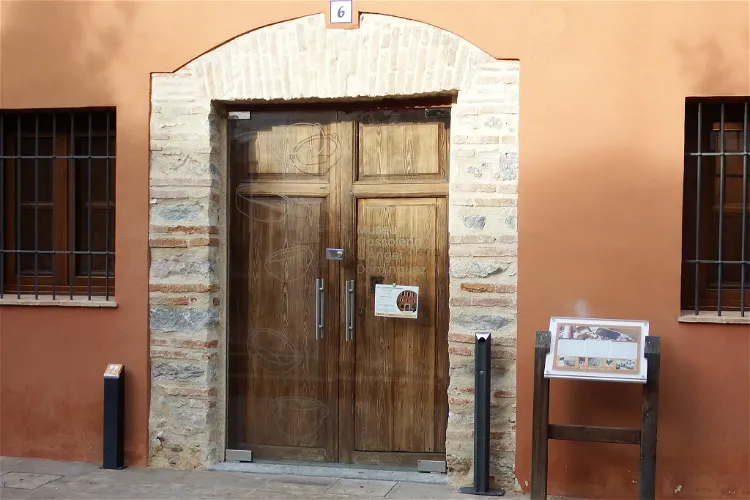
Museu Cassoleria d'Angel Dominguez
PotríesThe Museu Cassoleria d’Àngel Domínguez has also achieved the Q certification. This certification is granted by the Institute for Spanish Tourist Quality (ICTE), indicating that the museum meets high standards of quality in terms of services and facilities. This ensures a satisfactory visit for tourists.- 30
Vilamuseum
VillajoyosaVilamuseu, the Municipal Museum of Villajoyosa, is situated in the former Public School Álvaro Esquerdo. The building, which is of an eclectic style, has had its facade preserved, adding a touch of historical charm to the museum. This location is not only home to the museum but also serves as the headquarters for the municipal network of museums and monuments in Villajoyosa. - 31
Museo Arqueológico
Callosa de SeguraThe Museo de Historia de la Ciudad en Callosa de Segura, located in the province of Alicante, Spain, is housed in a historic building that was once the municipal slaughterhouse, constructed in 1929. This unique location adds a layer of historical significance to the museum, making it an interesting destination for those interested in architecture and history.